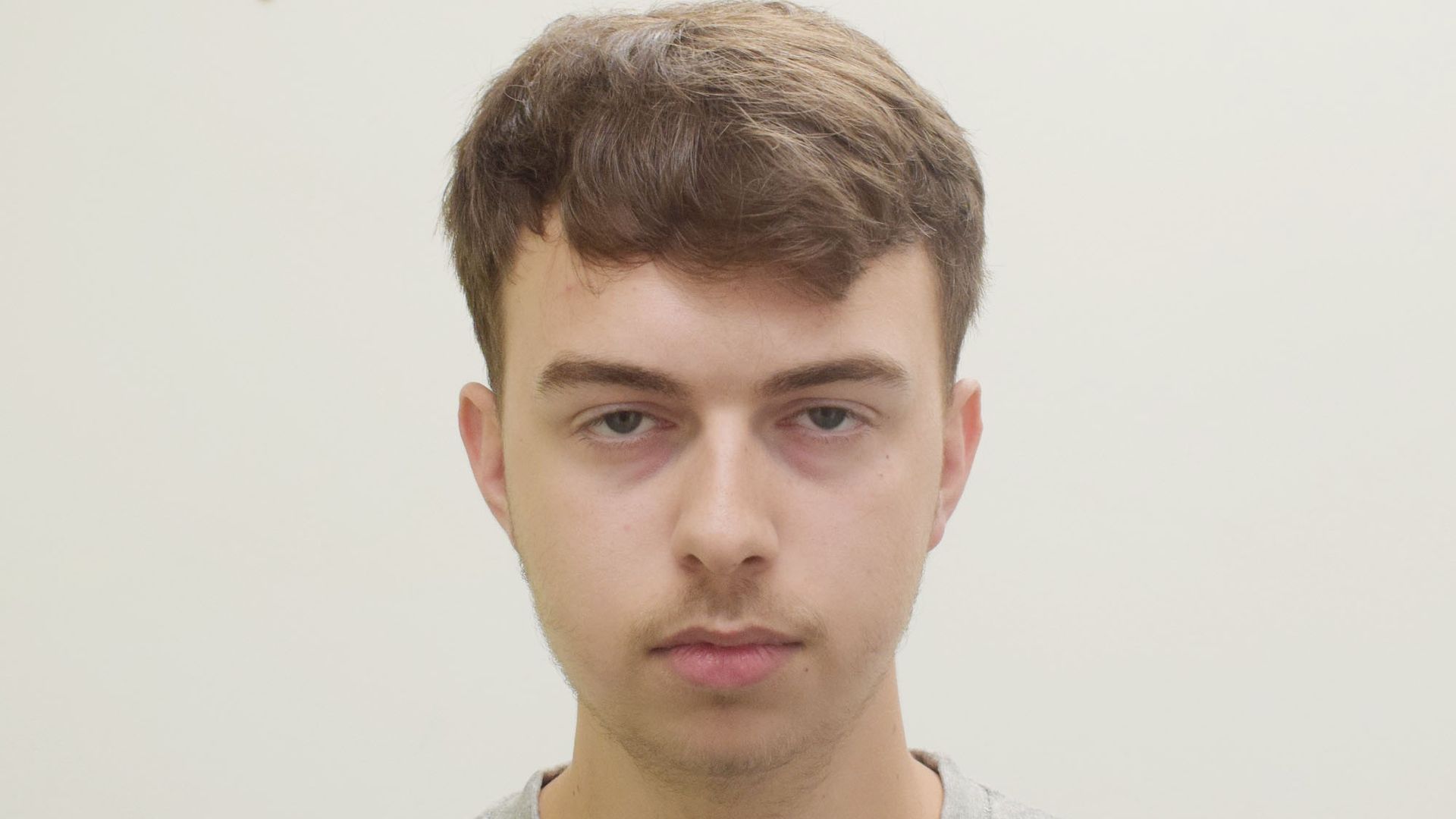
California DMV’s chief digital officer Ajay Gupta emphasized that the agency is looking to modernize its current systems and bring greater transparency to car title transfers.
The California Department of Motor Vehicles (DMV) is testing out the digitization of car titles and title transfers via a private Tezos blockchain.
The move is part of a collaboration between the California DMV, Tezos and blockchain software firm Oxhead Alpha, with the latter announcing t successful proof-of-concept on Jan. 25.
The California DMV has tapped Oxhead Alpha to build on a private Tezos testnet that it has dubbed a “shadow ledger.” It is essentially designed to become a blockchain-based replication of the agency’s current database.
The California DMV’s chief digital officer Ajay Gupta told Fortune on Jan. 26 that the agency is looking to have the shadow ledger ironed out within the next three months.
Following on from that, it is looking to roll out applications such as digital wallets to hold and transfer NFT car titles, with the DMV acting as a middleman to oversee such operations.
“The DMV’s perception of lagging behind should definitely change,” Gupta told Forbes.
Oxhead Alpha’s president Andrew Smith outlined that the California DMV’s blockchain initiative will serve a wide range of use cases for the agency, particularly concerning the modernization of its current paper-based systems.
Smith highlighted examples such as transaction fraud, in which car sellers hide key information about the vehicle’s condition to offload a dud or “lemon” onto unsuspecting buyers.
While faulty vehicles have a special designation on their titles in California, Smith noted that sellers can move the car over to another state and hide the faulty designations with relative ease.
With the use of blockchain-based record keeping, however, and with other DMVs potentially adopting the tech also, it would be much easier to digital track the actual history of vehicles, Smith suggested.
“As far as the benefit for having a persistent digital title, this is a very obvious use case,” he said.
Commenting on why Tezos was a good fit for the DMV, Smith outlined in the firm’s Jan. 25 announcement that the blockchain “solves some of the really hard problems in blockchain in an elegant way.”
“The combination of responsible consensus, on-chain governance, and institutional grade security makes Tezos a great platform for delivering production-ready solutions,” he said.
Related: Venture capital investments into blockchain continue to free-fall: Report
The move from the California DMV is likely to be followed by others in the state moving forward. In May 2022, California Governor Gavin Newsom signed an executive order to direct and explore opportunities for blockchain tech integrations with state government agencies.
“California is a global hub of innovation, and we’re setting up the state for success with this emerging technology — spurring responsible innovation, protecting consumers and leveraging this technology for the public good,” said the governor.







